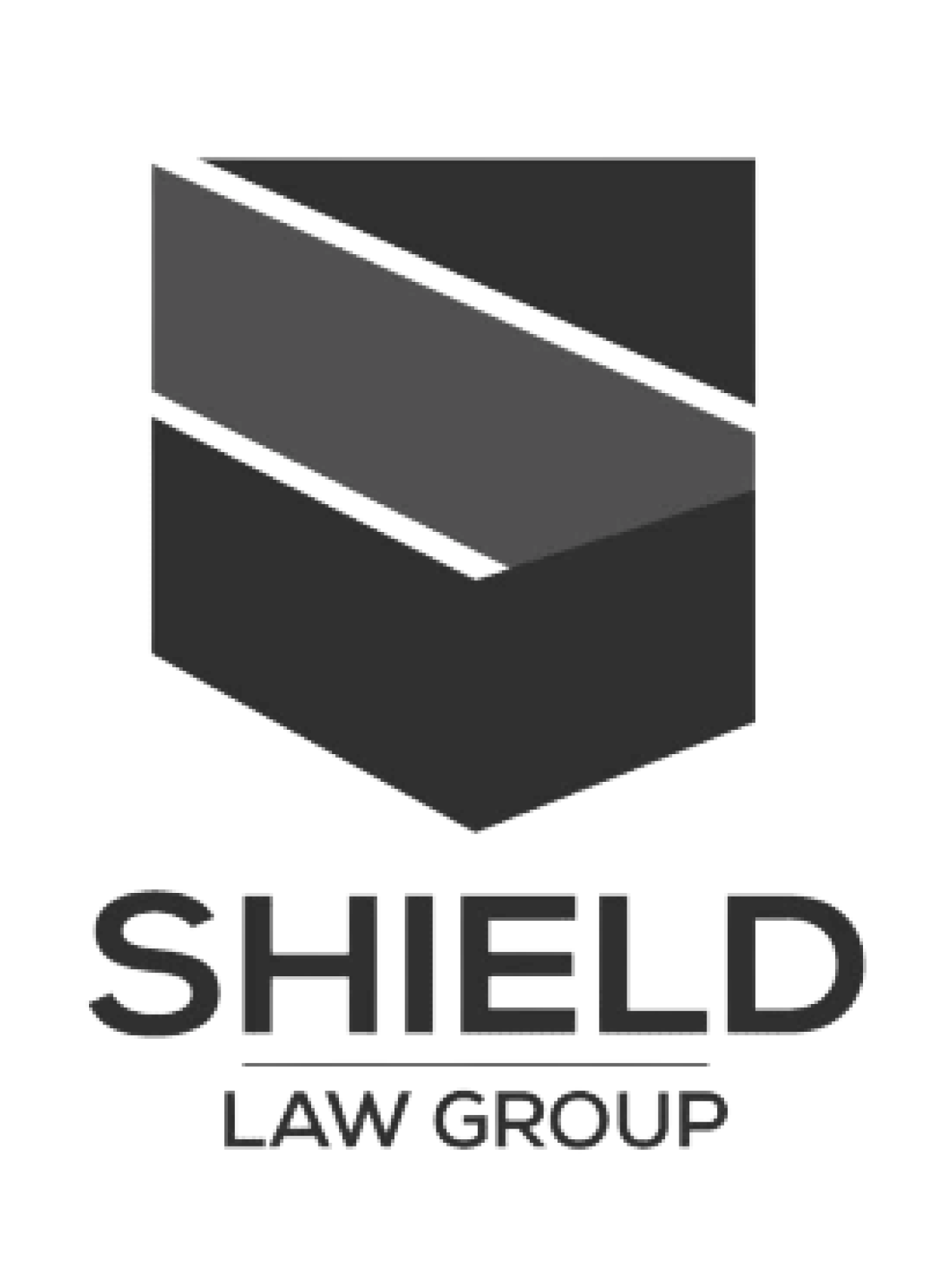Judgment Liens
A judgment lien is a legal claim against your property that arises when a creditor obtains a court judgment against you for an unpaid debt. Dealing with judgment liens can be complex and have serious implications for your financial and legal status. At Shield Law Group, APLC, based in Los Angeles, we specialize in helping clients understand and navigate the complexities of judgment liens to protect their assets and financial well-being.
Impact of Judgment Liens
A judgment lien can have significant implications for your financial stability and property ownership. When a creditor obtains a court judgment against you for an unpaid debt and records it as a judgment lien, it becomes a legal claim against your property. This encumbers your assets, such as real estate or vehicles, and restricts your ability to sell or refinance without first satisfying the debt.
Enforcement of judgment liens can include wage garnishment or asset seizure, depending on state laws and creditor actions. This enforcement can disrupt your financial plans and limit your ability to manage your assets freely.
Having a judgment lien on your record can negatively impact your credit score and financial standing, affecting your ability to secure loans or mortgages. Whether you choose to negotiate a settlement, explore bankruptcy options, or challenge the validity of the lien, seeking legal advice early is crucial.
How can I remove a judgment lien from my property?
Removing a judgment lien generally requires satisfying the underlying debt through payment or settlement. Once paid, you can request the creditor file a satisfaction of judgment with the court to release the lien.
Can a judgment lien be discharged in bankruptcy?
Yes, filing for bankruptcy can potentially discharge judgment liens. Chapter 7 bankruptcy may eliminate unsecured debts, including judgment liens that impair exemptions. Chapter 13 bankruptcy offers options to reorganize debts and potentially avoid or repay liens over time.
What are the consequences of having a judgment lien?
Having a judgment lien can impact your credit score and restrict financial transactions involving the encumbered property. It can complicate your ability to secure loans or mortgages and affect your financial flexibility until the lien is resolved.

